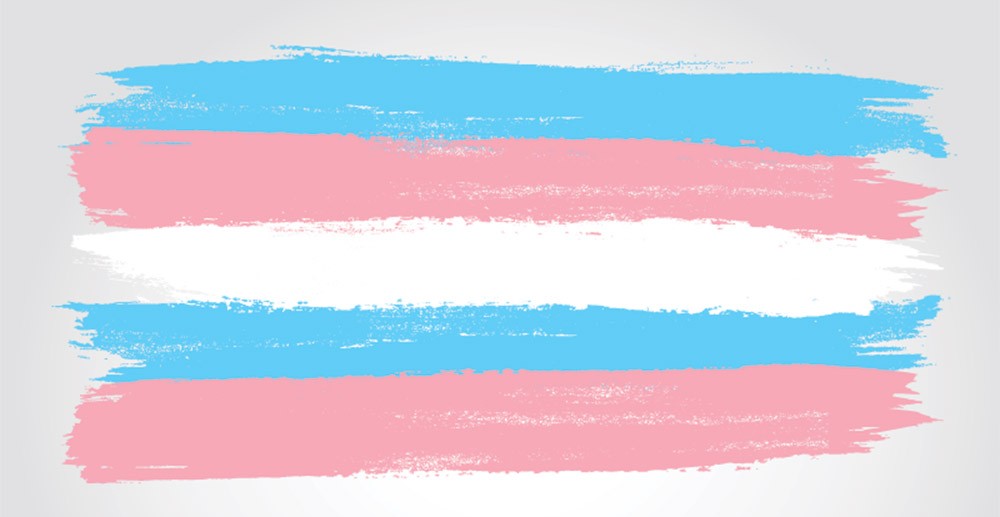Transforming Research
The Trans Research Lab at UW–Madison is noteworthy for its specialized focus on health outcomes for transgender people. But for founder Stephanie Budge PhD’11, the lab is more than that: it’s an old promise made good.
As a PhD student, Budge interviewed a transgender man for her career-counseling course. After discussing his career path with her at a coffee shop, he told her, “I just spent a couple hours with you. Now you can do something for me — you need to make therapists better for trans people.”
“I took that ask very literally,” says Budge, now an associate professor of counseling psychology at the UW.
Budge’s lab, staffed by students and community members who volunteer their time or receive course credit, aims to fill a substantial gap in research on effective therapy for transgender individuals. The center recently completed a pilot study that documented one-on-one psychotherapy sessions for 20 transgender individuals. The preliminary results are promising: all participants said that they experienced positive change after the sessions.
Mental health outcomes for transgender people are staggeringly negative, underscoring the need for the lab’s work. Nearly 40 percent of respondents to the 2015 U.S. Transgender Survey reported that they recently experienced serious psychological distress, often related to mistreatment or harassment. Two out of every five respondents also had attempted suicide in their lifetimes — nine times the rate of the general population.
A primary contributor to these outcomes, Budge says, is stress that is uniquely experienced by marginalized groups. It can come both externally — from discrimination, harassment, or rejection — and internally, with how one processes that mistreatment.
While the lab continues to analyze its results, Budge says the research — providing more than 200 hours of free therapy from culturally competent therapists — is already meaningful. “Maybe in a few years, if this is just the norm, it won’t feel like it’s that big of a deal,” she says. “But in this time and in this moment, it feels really poignant.”
Published in the Fall 2018 issue



Comments
No comments posted yet.